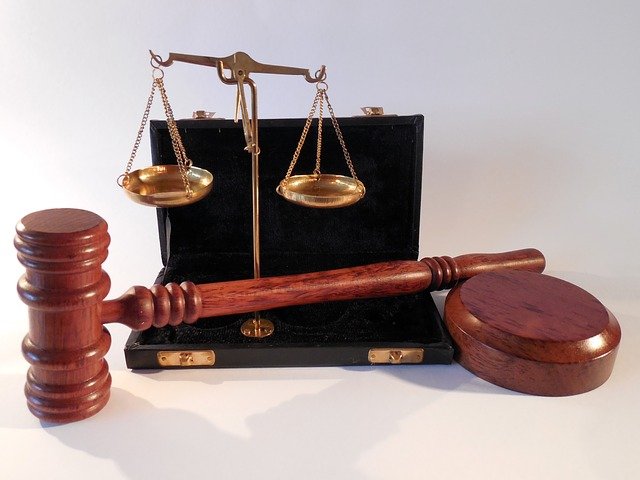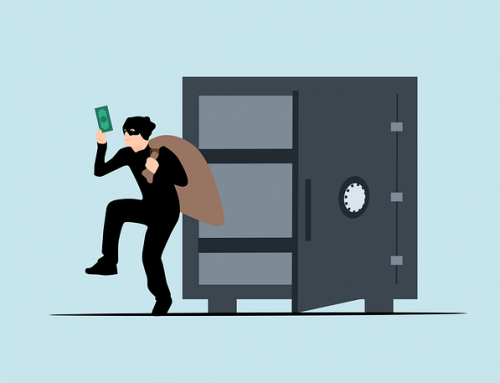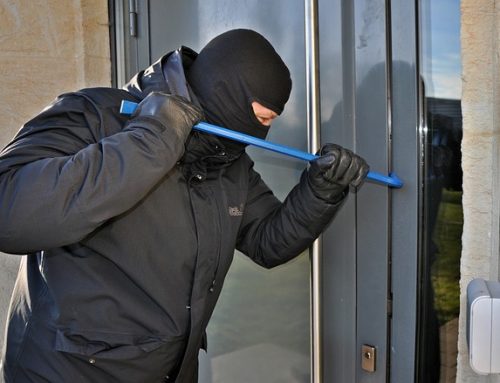Most of the time, when someone is arrested they will be able to get a bail bond and remain free as they await their trial. Sometimes, though, a judge will revoke or outright deny someone the right to bail. Here are a few things judges consider when deciding who should, and should not, be able to get bailed out of jail.
How Severe Was the Crime?
Often, persons accused of committing a violent crime are denied the right to bail because they’re deemed to be a threat to the community if they’re allowed to remain at large. Sometimes, crimes involving minors also prompt a judge to withhold bail.
If the crime is serious and can result in life behind bars or the death penalty, your right to bail might be denied. These are serious penalties, and the risk of someone skipping bail increases significantly in these cases.
What Is Your Criminal History?
Your criminal history can give the courts insight into the kind of person you are. Even if your crime was relatively minor, if you have a history of repeatedly committing crimes (especially if you did so while out on bail before) your bail may be denied.
Judges will also look to your past to see if you’ve ever skipped bail before. People who skip bail are considered a flight risk, and might not be eligible for bail again. This isn’t always the case, though. Sometimes a judge will increase the bail cost to provide a further financial incentive to return to court.
Is Your Family Around?
The courts want to know where you live, how long you’ve lived there, and if you have any family in the area. People who have lived in the community a long time and have family nearby are much less likely to skip bail.
Not everyone who has family out of town is necessarily a flight risk, it’s just something judges consider along with everything else.






